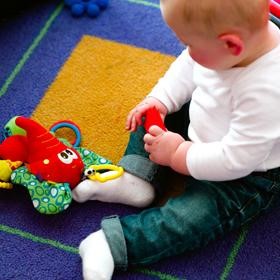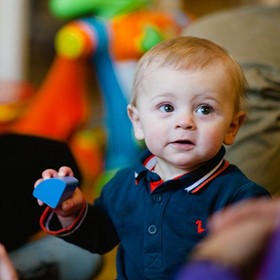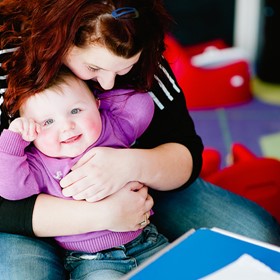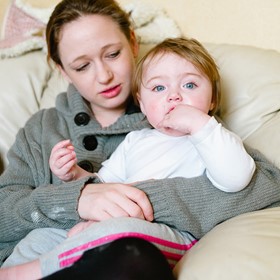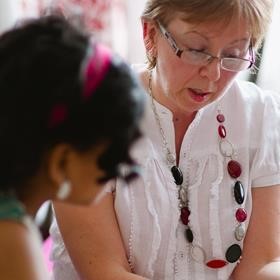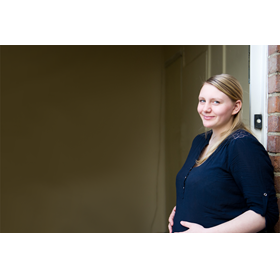I believe passionately that learning is at the heart of change, progress and improvement. That’s why in FNP we have worked hard to develop an excellent, transformative learning programme for family nurses. It’s why we try to be honest about our failures, as well as our successes, and seek to learn from them. It’s why local teams use extensive data to inform and to challenge practice on a daily basis.
The importance of commissioning evidence-based early interventions is well documented; particularly those which mitigate against the potentially devastating impact of vulnerability factors and adverse childhood experiences (ACEs).
The first 1001 days of a child’s life – from conception to 2 – are critically important. During this period, millions of neural connections are made and pruned. The brain is more ‘plastic’ or adaptable, and babies’ experiences literally shape their developing brains.
Whose voices do we not hear? What do we not give time for? When we are so focused on the present, are we losing the chance to shape the future well? Here’s my perspective, as I reflect on what 2018 has meant for us in the FNP National Unit.
Just over three years ago, when I first heard about FNP, I was terrified – I thought there was going to be someone coming around to judge me on whether I was fit enough to be a mother and asking me trick questions but I couldn’t have been more wrong
I heard about FNP through my midwife. I wasn’t in the best of places at the time. I don’t speak to my mum and I don’t have much family around. At the time I was worried they’d want to take the baby off me. I felt annoyed because I felt like they thought I couldn’t cope. I was 17, I knew I was young. I didn’t have a support network and I needed one. The midwife could see that and she was right.
National Unit Director, Ailsa Swarbrick talks about improvement and innovation and how we apply science in a messy world.
Emma Cook is a clinical quality lead for the Family Nurse Partnership National Unit
We’re working with 11 FNP sites from around the country and Dartington Service Design Lab to co-design a number of adaptations to the FNP programme which we will put through rapid-cycle testing. The ADAPT project (Accelerated Design and Rapid Programme Testing), is part of the wider FNP Next Steps programme.
In the seventh of our clinical adaptations blog series, Caroline Wragg, Supervisor of the Nottingham team, outlines the adaptation they’re developing. Their focus is on addressing and better supporting Maternal Mental Health (MMH) needs.

